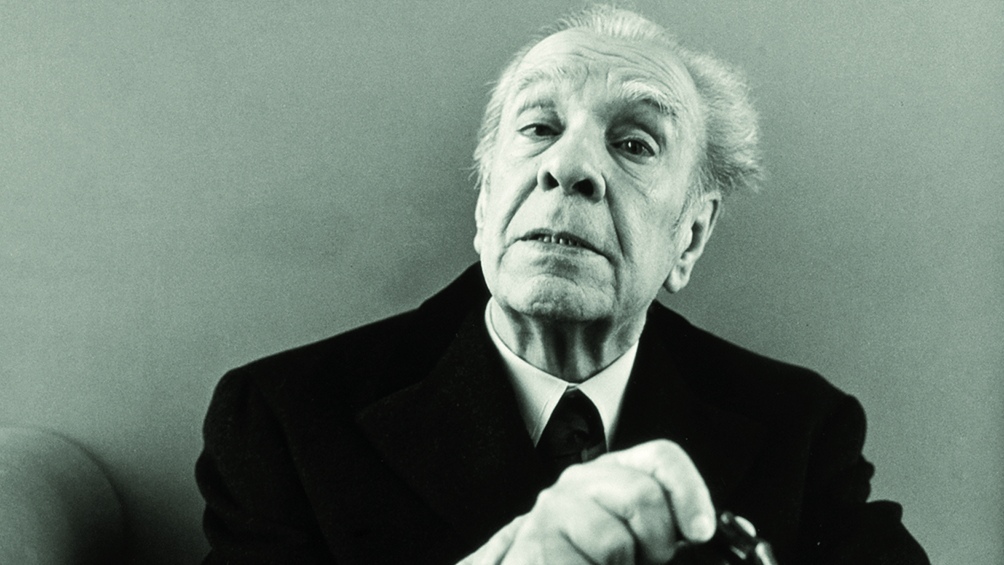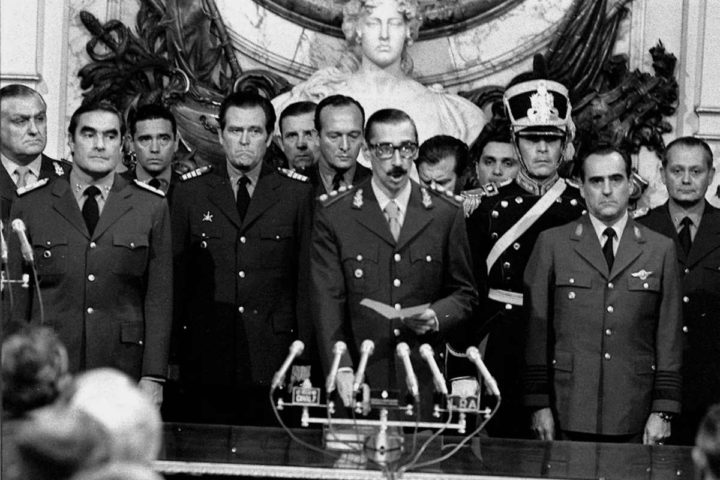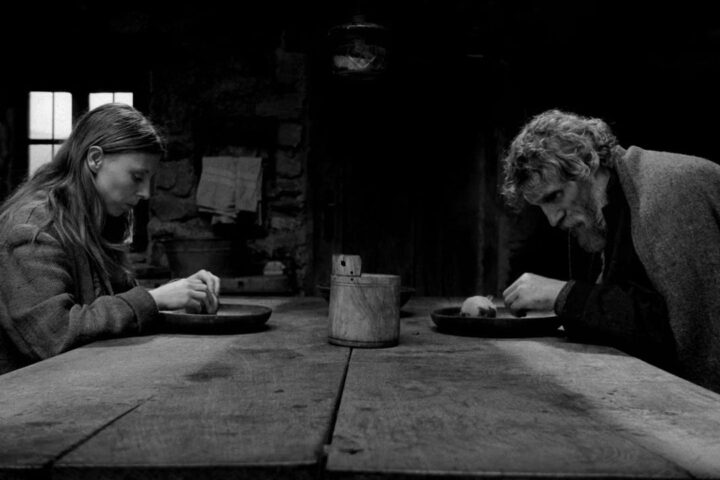Each culture, like each man, creates its paradises. The Egyptians who built the pyramids aspired to a modest little house surrounded by fertile land. Dante composed for himself a triumphal reception at the entrance to the celestial spheres, and some say that certain Amerindians expected for their death to become the rain that would make their children’s farms flourish. Perhaps due to the influence of that worship to the reason, that he professed in his work and his life, Jorge Luis Borges imagined a library where others dreamed of stars and gardens. A changing and infinite library, to keep in it the testimony of all possible acts and thoughts.
From the medieval East to Buenos Aires of the 20th century, from the pampas of the gauchos to the silent retreats of the sages, each Borges tale is a small universe, complete and different, that oscillates placidly between the irony it causes and the ambiguity that spells. The estrangement arises in them from the first line and at the same time with the expectation, because you never know with certainty what ground you walk on or where it takes you until you are there. There is no one like this Argentinian to give us stories where the solution of the mystery always surpasses the mystery itself; to return us to the sophisticated innocence of men and primordial religions, or to materialize the realities projected by philosophy, and show us how much of beautiful and horrible inhabits in the infinite.
The seekers of parallel worlds may well abandon the paths of magic and physics: Borges, who sensed them all snooping between dark stairs and ancient manuscripts, also had the goodness to make them imperishable, with almost mathematical rigor and elegance, through his books.




